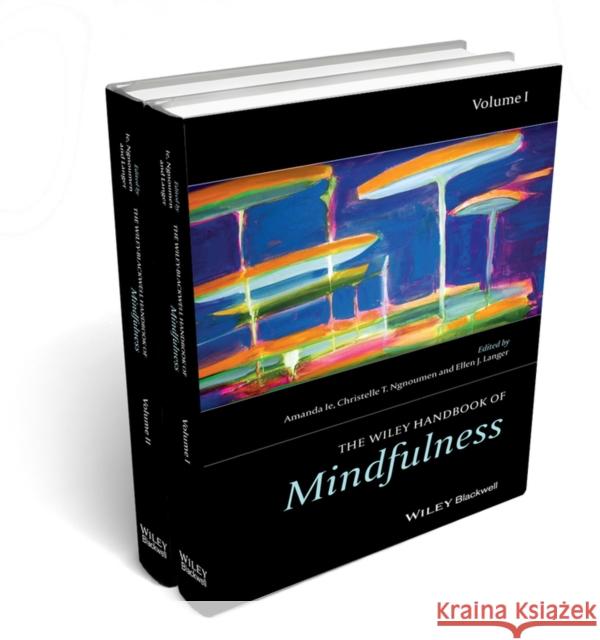The Wiley Blackwell Handbook of Mindfulness » książka
topmenu
The Wiley Blackwell Handbook of Mindfulness
ISBN-13: 9781118294871 / Angielski / Twarda / 2014 / 1248 str.
The Wiley Blackwell Handbook of Mindfulness brings together the latest multi-disciplinary research on mindfulness from a group of international scholars:
- Examines the origins and key theories of the two dominant Western approaches to mindfulness
- Compares, contrasts, and integrates insights from the social psychological and Eastern-derived perspectives
- Discusses the implications for mindfulness across a range of fields, including consciousness and cognition, education, creativity, leadership and organizational behavior, law, medical practice and therapy, well-being, and sports
- 2 Volumes











